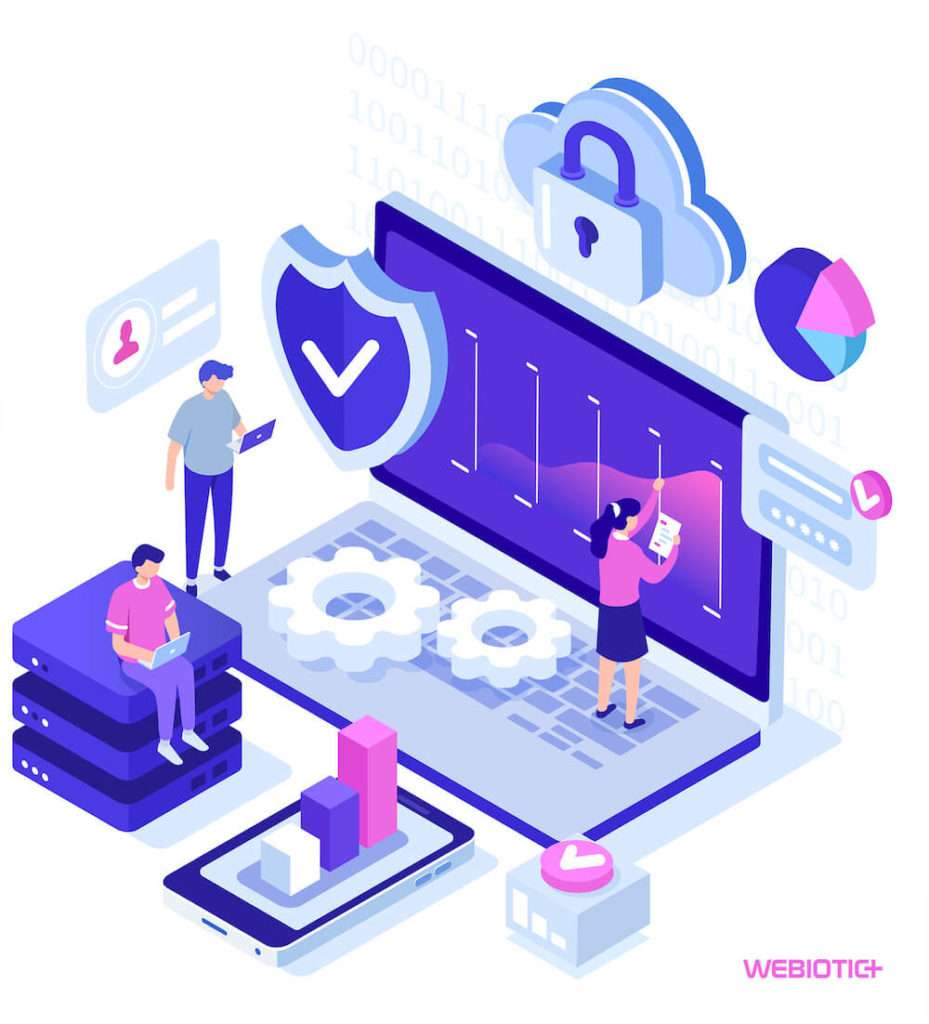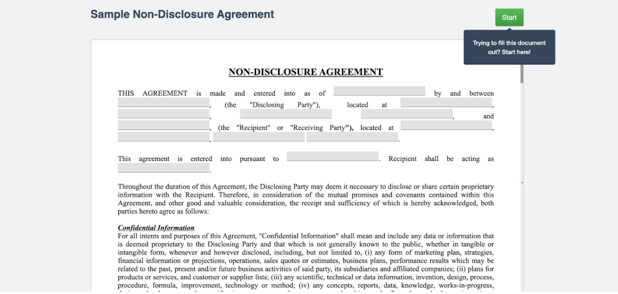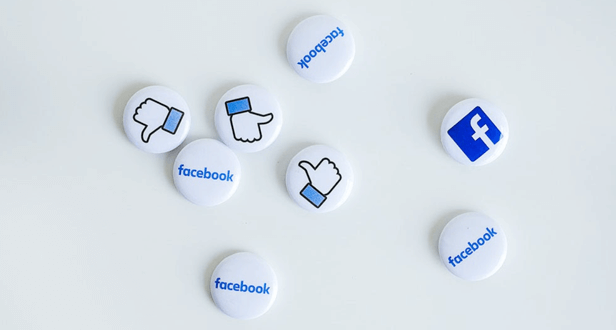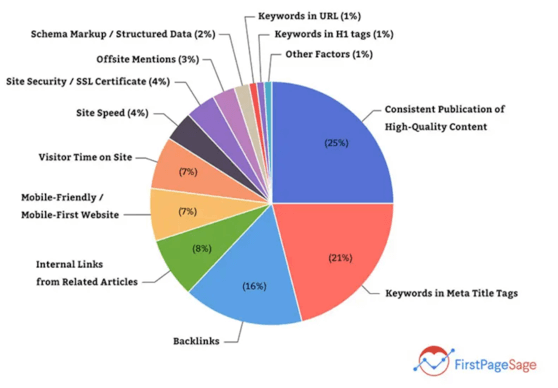
An nda for app idea sounds like something you don’t really need right? I mean it’s just an idea. Well, maybe you should think again.
If you are in the process of developing or thinking about hiring a firm to develop your idea for you, keep reading below.
If you’re used to working on projects with other people, then it’s very likely you’ve heard of non-disclosure agreements (NDAs).
Maybe you’ve used one before or have signed one yourself. If not, then I’m glad you’re here.
NDAs are a way to protect your mobile app idea when sharing it with others, like your app development team, business partner, project manager, and so on.
It’s a legally binding contract that prevents anyone you work with from stealing your app idea and other project information.
Creating a mobile app involves a lot of hands. By using an NDA, you can keep your trade secrets and other confidential information safe.
You can breathe a sigh of relief that no one will be taking off with your creative ideas, and you can focus on the fun stuff in app development.
In this article, I’m going to run you through the basics of NDAs for apps, how they can protect you and when you need them most.

In the app development world, you might also hear an NDA referred to as a Secrecy Agreement (SA), Confidential Disclosure Agreement (CDA), a Confidentiality Agreement (CA), or a Proprietary Information Agreement (PIA).
But most of the time, it’s just called an NDA.
There are three main types you should know about when involving third parties to work on your app:
Multilateral NDA
This type of NDA is often used when there are three or more parties involved in a project who are working together and sharing confidential information related to your mobile app.
It’s useful because it removes the need for three (or more) separate bilateral NDAs. It’s just one agreement for several parties which makes things nice and easy.
Mutual NDA
This is another common type of NDA and allows two parties to share confidential information with each other.
It’s often used when two businesses work together on a shared project, and so they agree to share trade secrets with each other.
Unilateral NDA
NDAs will most often be unilateral, meaning one party agrees to keep sensitive information and trade secrets to themselves.
You’ll see this type of agreement between an employer and an employee or between clients and vendors.
If you want to hire a team to help you bring your mobile app idea to fruition, then you’re going to have to divulge some sensitive information in the process. It’s pretty much inevitable.
When you’re just starting out on your app project, it might be the app idea itself you want to protect, but as the project continues and more hands are involved, the confidential information might also include designs, private algorithms, and other proprietary information that makes your app unique.
Some companies are big enough and fast enough that they can take your ideas or designs and launch them far quicker than your startup can, which is why it’s crucial to have your employees sign NDAs.
This is especially true when working with freelancers and contractors who are used to working with several clients at a time. You want them to understand the importance of confidentiality when working on your app.
1. They identify the parties involved in the development of your app, like developers, project managers, and so on.
2. They clearly define what information regarding your app should be top secret, like special features or proprietary algorithms you’re using.
3. They establish what information is allowed to be shared.
4. They define the scope of the confidentiality agreement.
5. They define the terms of the agreement (what would happen if the information was shared, for example)
As you can see below, this example NDA has clearly written language on what they deem “confidential” and how this information should be treated.

I know exactly what you’re thinking, because I’ve thought about it too.
Should you always request an NDA from anyone you work with?
Let’s take a look at a few situations where you should consider an NDA. In the next section, we’ll cover situations where you would probably don’t need an NDA.
Protecting the idea and methodology
Even in the initial phase of discussing your idea and fleshing out how you plan on doing things, you should ask those you’re working with for an NDA.
While an idea itself doesn’t quite fall under any kind of copyright protection, you can still protect the idea as well as your methodology through an NDA.
Remember, if a company with more resources and a larger budget gets wind of your ideas, they can likely beat you to production.
CEO of Facebook, Mark Zuckerberg, allegedly stole the idea of Facebook from his former Harvard roommates, which resulted in lengthy lawsuits and billions lost.
All because his roommates trusted him with their ideas and didn’t bother bringing in an NDA.
As you can see below, this example NDA has clearly written language on what they deem “confidential” and how this information should be treated.

Protecting trade secrets
This point kind of goes hand-in-hand with protecting your idea and methodology.
Trade secrets go beyond an idea, however. It’s the thing that separates you from your competition and makes your product unique.
If a burger joint has a special burger sauce that customers love, for example, that could be considered a trade secret!
Look at Google. Everyone wants their website to rank higher on search engines like Google, and while they’ve offered up some tips of their own on how you can improve your search engine optimization, they’ve mostly kept their algorithms to themselves.
It’s their secret sauce!
As you can see in the chart below by FirstPageSage, people are still trying to crack Google’s SEO code.

Protect your trade secrets
Working with vendors, freelancers, and independent contractors
When you’re reaching outside of your company to find talent, like freelancers, it’s a good idea to get an NDA. As mentioned before, freelancers and contractors often work with multiple clients.
Even if you don’t suspect ill-will and don’t think they’ll run off with your ideas, slip-ups happen and sensitive information can be shared without them thinking there’s any harm to it.
An NDA can serve as a reminder that your trade secrets are just that. They’re secrets. They need to be kept under lock and key or else there will be legal consequences.
Protect partnerships
If you’re working on a project with another business, having an NDA can benefit that relationship and ensure everyone involved is keeping confidential information to themselves.
Trust me when I say an NDA will give you and your partners peace of mind.
Not everyone wants to deal with an NDA.
They’re complex, they contain a ton of legal jargon, and you might need a lawyer to draft one up if you’re not comfortable creating one yourself.
There are a lot of advantages and use cases for using NDAs in app development projects, but they’re not always necessary.
Here are a few situations where you can hold off on using an NDA.
Beginning phases of hiring
If you’re just getting started on hiring team members or contractors to help work on your app and all you’re doing is scouting different candidates, you don’t need to insist on an NDA.
Keep in mind, I’m referring to the initial phase of hiring where you won’t be getting into any proprietary conversations with interviewees. This is the time for high-level discussions about your app and shouldn’t give away any trade secrets.
It’s only once you consider hiring someone that you should also consider bringing up an NDA.
All you have is an idea
I know, I know, I already said in the previous section that you need an NDA, even to protect your idea, and while that is true, if all you have is an idea in your head and nothing more – no prototypes, no designs, nothing tangible – then you don’t need an NDA just yet when hiring.
In fact, you’ll find that a lot of contractors and freelancers won’t want to sign an NDA if all you have is an idea and nothing more concrete because if your idea and project falls flat – which, let’s be real, happens all the time with mobile app ideas – your contractor will still be on the hook for keeping your idea confidential.
It also prohibits them from working with other clients with similar ideas.
The risk outweighs the benefit
What I mean by that is if you’re working on a small project or only need a contractor to take on a small task, they might not think the liability of an NDA is worth the money they’ll make.
On the other hand, if you have a major project and lots of work to give someone, then this gives you some more negotiating power and the job is worth taking on.
Your contractor says “no”
From my experience, I’ll tell you right now that some contractors and freelancers will flat out refuse to sign NDAs, and there are a lot of valid reasons why.
It can create conflicts of interest, it can constrain their creativity (after all, how many ideas nowadays are truly “original”?), ideas mean nothing (as previously stated), and there’s a lot of liability connected to NDAs.
If you really want to work with someone and they have a stellar reputation for being professional and trustworthy, you might be able to forgo an NDA. There are plenty of people out there who rely on their reputation alone.
If this legal uncertainty still makes you feel queasy, you can also opt to negotiate confidentiality clauses into your contract with them rather than bringing in an NDA.
Your “confidential information” is actually pretty public
It’s very common that companies don’t realize the information they’re using is actually already public information and that their ideas already exist.
If you have a mobile app idea that’s basically the same thing as someone else’s mobile app on the market, even if there are some tweaks and additions to it, you may not have enough confidential information to warrant protection under an NDA.
But if your idea has that “secret sauce” ingredient, well then that’s a different story.
Financial backers
If you’re working with someone who is investing or financially backing your project, you probably don’t need an NDA.
When working with investors, a high-level overview of your app will usually suffice rather than getting into trade secrets and confidential details.
On top of that, investors actually don’t like signing NDAs. It could prevent them from having discussions with other potential investments later, so they don’t want to be legally bound.
So what happens when someone you hired breaks their NDA? Well, there are a few actions you could take.
You could file a lawsuit against them for damages. You could demand monetary compensation or restitution.
Keep in mind that the consequences should be laid out in your NDA. Having a clearly written contract will make it much easier for you to be awarded damages in the case that someone breaches it.
Enforcing an NDA can get very expensive. As you can from this sample NDA, they’ve included a clause that allows the company to recover some court costs, like lawyer fees.

Breaking an app nda can have dire affects
As you can see, there are scenarios where an NDA makes perfect sense and scenarios where it doesn’t. But sometimes the line gets blurred.
NDAs, like any legally binding contract, can be pretty complex. While you can find templates online for your project, it’s important to understand the language and contents of your NDA, which is why hiring a lawyer can come in handy.
Again, involving a lawyer in drafting your NDA isn’t always necessary, but it’s a good idea if this is your first rodeo or if you have a huge project on your hands.
They can simplify the jargon for you, craft an NDA suitable for your purposes, guide you in which type of NDAs your project needs, and determine when you don’t even need one.
The value a lawyer can bring to your project will also carry over to future projects.
Creating an app is exciting, it’s creative, and it can be incredibly profitable.
You get to see your ideas come to life and bring value to users from all over the world.
NDAs are the not-so-exciting part of app development, but they’re important and worth involving in your project most of the time.
It’s the legal stuff that will protect your app idea and trade secrets so you can focus on development, monetizing your mobile app, and hiring a great team.




